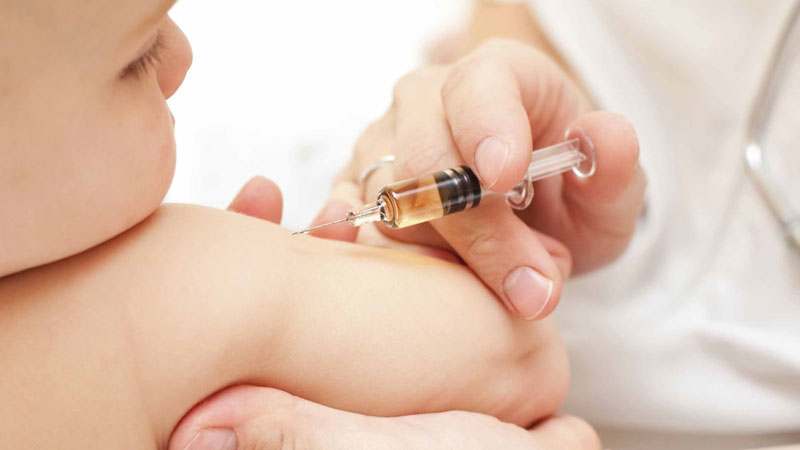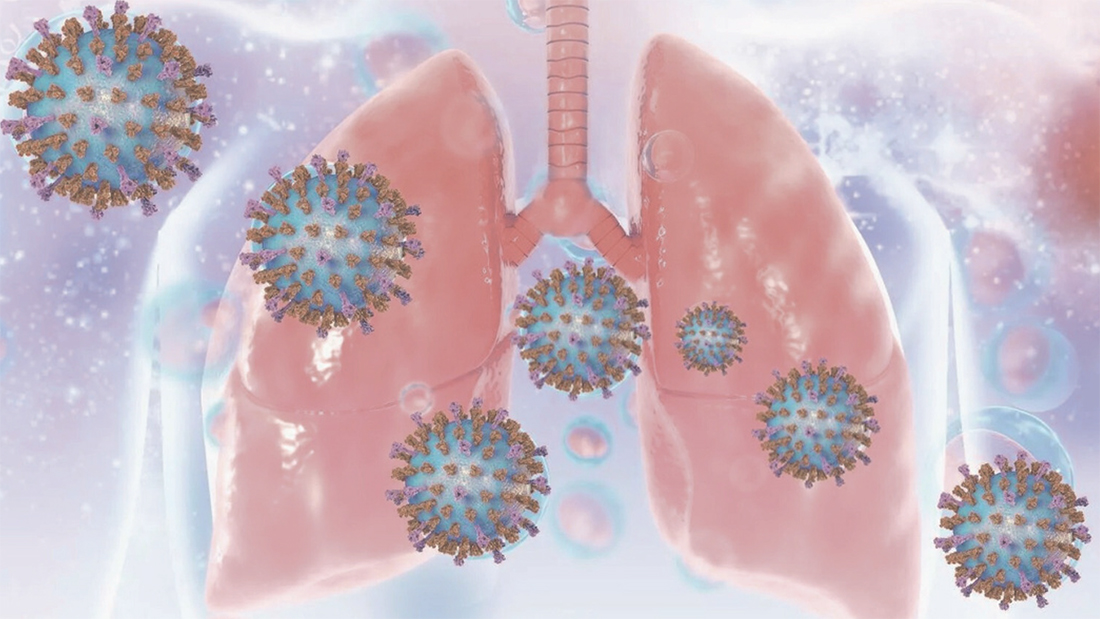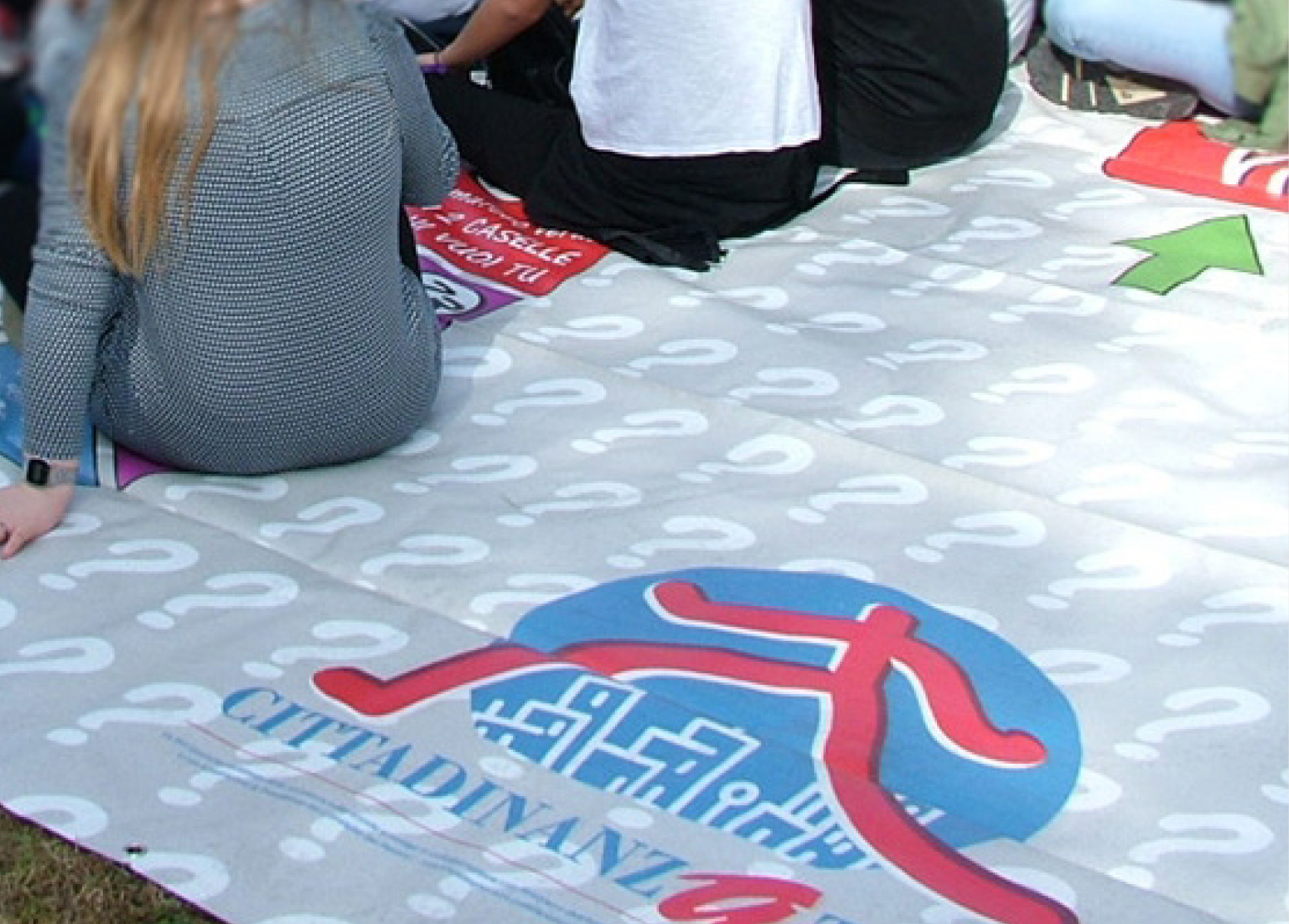
Cittadinanzattiva launched in September a civic survey on the supply of vaccines by the regions, through the instrument of generalized civic access, (known as Italian Foia) that from 2016 also allows individual citizens and associations as Cittadinanzattiva to ask the public administration for data held by them and that must be accessible to all. Administrations are required to respond to requests (unless these requests fall within the few cases of exclusion provided by law for reasons of national security or State secrets) and have 30 days to respond to them.
The regions have been submitted a set of specific questions on the tender for the purchase of vaccines and more general questions on the provisions that the regions are adopting to anticipate the vaccination campaign compared to previous years and also to apply the guidelines provided by the Circular of the Minister of Health of June 4, 2020. The regions had the opportunity to respond by October 3, 2020 and the data processing considers the responses received by October 7, 2020.
This year, even more than in previous years, the importance of flu and anti-pneumococcal vaccination is crucial to cope with the Covid-19 emergency.
"It's very serious that only 10 regions have responded to our request for civic access, especially in this period, in which there would be a need for maximum transparency, even to dispel doubts about who has faced the need to get supplies of flu vaccines in time, and be able to intervene promptly to support the populations of regions where this has not yet happened, or has happened only partially", said the Secretary General of Cittadinanzattiva, Antonio Gaudioso. “In the coming days we will evaluate all possible actions to be taken to enforce the "sacrosanct" right of access of citizens to this fundamental information, we do not exclude the use of the Tar (Lazio Regional Administrative Tribunal)”.
We believe there are three priorities:
- Guarantee all categories of citizens "at risk", over 60 and fragile, to have equal access to vaccines in every corner of the country. To this end, it is necessary maximum transparency on the part of the regions, and apply a principle of solidarity under which those who, thanks to a planning action already have the guarantee to cover with purchases made the groups at risk, can act in support of the regions that are most in distress. This is the moment of responsibility and solidarity, and in order to do so, maximum transparency is first and foremost necessary.
- After ensuring maximum coverage for at-risk groups, it is necessary to make available, including through the channel of pharmacies, vaccines for the entire population, so that even people not at risk can buy it.
- In such a difficult year as this, it would have been desirable for the regions to move together in the purchase of vaccines, and start the vaccination campaign homogeneously, avoiding differences between citizens and too uneven actions.
In general, as emerges from the regions that have responded and that we thank for this act of transparency, a significant part of the country can count on a good capacity for planning and organization, even in realities that in the past have not given these demonstrations.
The responses of the regions
The regions that have provided a response on the content as of October 7, 2020 were a total of ten, exactly half, and they are: Abruzzo, Campania, Emilia Romagna, Lazio, Marche, Puglia, Sicilia, Toscana, Umbria, Valle d'Aosta.
The salient data
Among the most significant data that emerge from the survey there is undoubtedly that relating to the dates of the award of tenders, the regions that responded have launched tenders between April (Lazio, Puglia, Campania, Emilia) and September (Abruzzo where the first race on tetravalent vaccine had gone deserted) and closed between May and September, still before the start of the vaccination campaign although with a variability depending on the type of vaccine; in Abruzzo there is some delay for pneumococcal vaccine because the tender has yet to be completed and will end by October 12. Anticipating the tenders made possible, at least in these regions, the anticipation of the vaccination campaign compared to previous years. In the regions, the companies awarded tenders based on the types of vaccine are always more than one.
Other important data concern the increases in vaccine doses for the year 2020-2021 compared to 2019-2020.
There are regions that show increases in doses as Lazio + 112%, Puglia 320%, Sicily 65%, Tuscany 68%.
Others show less marked increases such as Campania +20% and Emilia which, however, foresees a possible further 20%.
In all regions the start of the vaccination campaign is scheduled between October 1 and October 15, in many cases the campaign will be extended until January 31, 2020, in line with what suggested by the Ministerial Circular.
Regarding requests relating to target categories almost all regions apply sequentially those established by the Ministerial Circular of June 4, 2020. Abruzzo does not provide this answer, other regions have regulated in more detail the target categories.
Sicily, for example, has extended to close contacts of children up to 6 months and a specific note for NRE subjects (Non-Registered Europeans, such as the Romani community) and non-EU citizens in addition to introducing the vaccination requirement for the health personnel.
Tuscany pays particular attention to those hospitalized in residential care homes and long-stay facilities.
Sicily and Valle d’Aosta extend coverage to pregnant women, in any trimester.
Lazio had made mandatory vaccination for the health personnel, but the Tar (Lazio Regional Administrative Tribunal) has abolished this part of the ordinance.
The responses of the regions have been analyzed and summarized in a table that provides a summary and a comparison between the regions.
The answers provided have been uneven, in some cases the regions have responded in a timely manner to each question that we have submitted, in other cases have answered only the questions related to the tenders for the supply of vaccines, in others have referred to regional ordinances or resolutions to respond.
With respect to measures to facilitate access, the regions have made many provisions:
- Sicily extends the opening hours of vaccination centers both in the morning and in the afternoon and on Saturdays at least in the initial phase, provides for the execution of vaccination upon discharge from health facilities and the co-administration of anti-pneumococcal and flu, a measure also provided for in Umbria.
- Campania provides for the establishment of itinerant trucks to support GPs.
- Lazio provides for the opening of Drive ins, mobile stations, vaccinations in pharmacies, the organization of vaccination day in schools, hospitals, sporting events, it is expected, the establishment of itinerant vaccination teams.
- the Marche region provides for the possibility of moving the vaccination centers in Auditorium- Palazzetti to allow to deliver in compliance with Covid-19 a large number of vaccines in a few hours-days.
- Tuscany provides the premises of health care companies free of charge to general medicine.
- Emilia Romagna provides the possibility to use large facilities such as gyms and sports facilities.
- Valle D'Aosta in addition to signing specific agreements with General Practitioners and Pediatricians of free choice aimed at encouraging vaccination through these figures, has also provided for the vaccination poles made available by the Azienda USL of Valle d'Aosta, which will be attended by the doctors of the structure of Hygiene and Public Health of the Department of Prevention.
Finally, with regard to measures to address a possible shortage for those not at risk, the regions responded that they will initiate the measures provided for in the agreement signed between the Government, the Regions and the Autonomous Provinces of Trento and Bolzano which provides for a commitment by the regions to ensure a minimum of 1.5% of vaccines to be redistributed to pharmacies. Emilia Romagna plans to increase the share to 3% (36,000 doses) if necessary. Lazio could increase the share to 5% (120,000 doses).
(document translated by Maira Cardillo, Active Citizenship Network staff)










